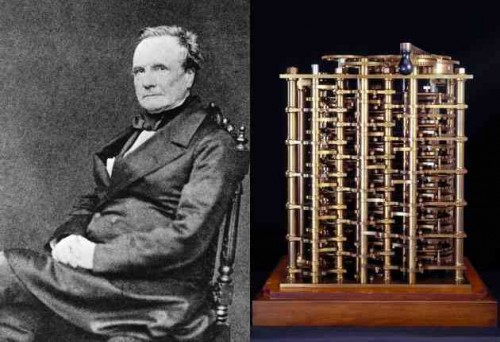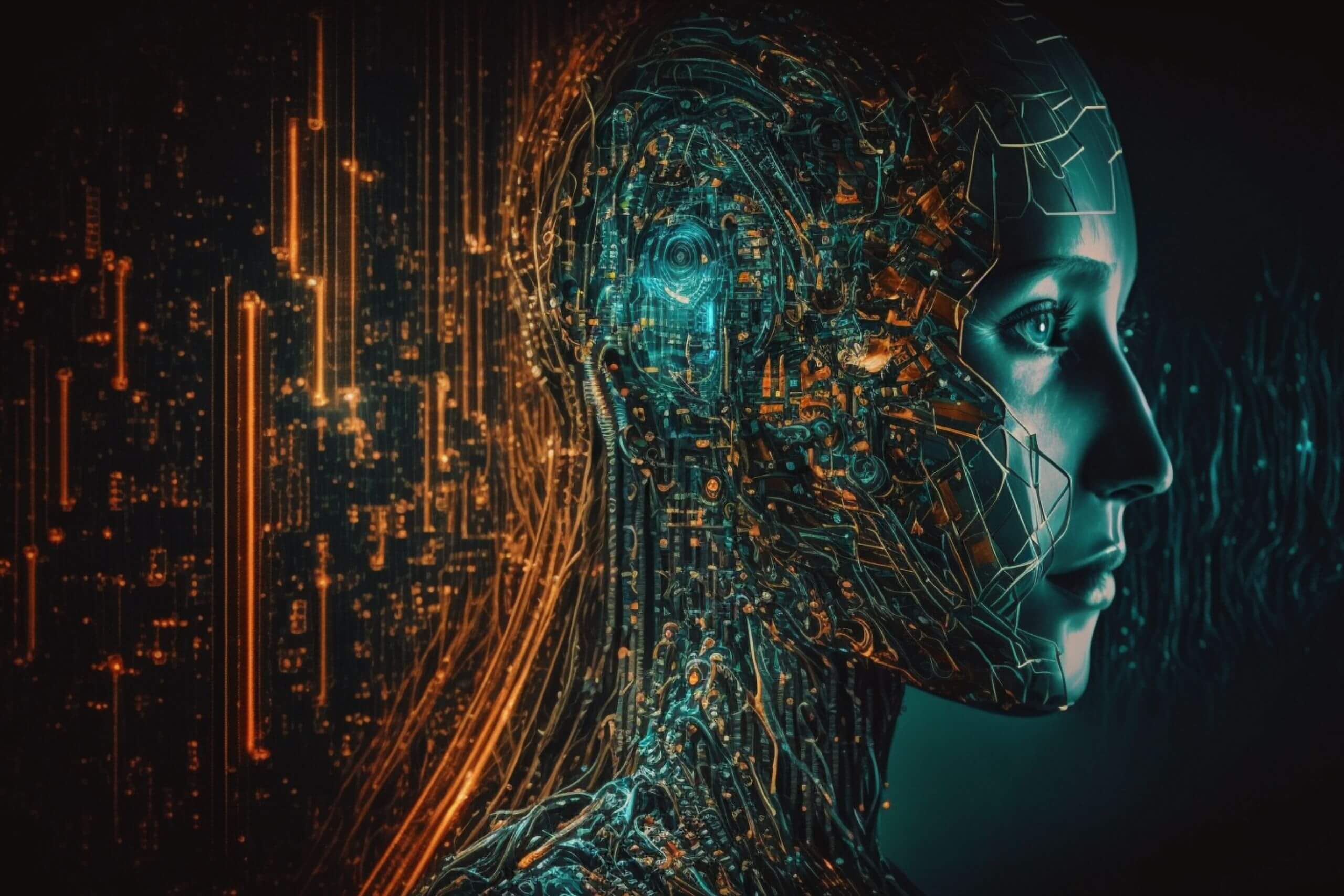But who do we have to thank for creating the very first computer?
Who invented the computer?
British mathematician Charles Babbage came up with the idea for an automatic computer, powered by steam, in 1837.
He finished designing his invention in 1856, more than 100 years before the first electronic ones.
Babbage never got the chance to build his invention in his lifetime - but it gave the first sense of a digital programmable machine, despite being mechanical.
It also had the potential to compute huge tables of numbers far more quickly than a human.
Babbage may have been inspired in his creation by older machines such as the abacus, invented in China in the year 1200.
Other possible computer predecessors may have included Napier's Bones, invented in 1617 by Scottish mathematician John Napier.
Napier's invention was more of a mechanical calculator, which worked by lining up wooden rods with multiplication tables etched into them, in order to easily multiply large numbers.
And 25 years later, in 1642, French mathematician Blaise Pascal produced a calculator - but it could only add and subtract.
But Babbage’s computer, called the Analytical Machine, was unlike and far more complex than any of these earlier creations - he designed it to perform any mathematical calculation.
The British Association for the Advancement of Science declared it a mechanical marvel, but refused to give money to finish building it, in 1878.
The first computer to be built was Colossus - an electronic, digital machine, made by British code breakers, between 1934 and 1945.
Alan Turing set out the idea for the first modern computer, the Electromechanical Turing machine, in a paper in 1936.
The title for first American computer has been hotly contested by the ABC and ENIC.
The ABC (Atanasoff-Berry Computer) was an early electronic digital computer - weighing over 300KG - made in Iowa, US, around 1940.
It had a fixed operation program and took 15 seconds to perform a single process.
This may have been the first machine to use binary code, but the binary system was invented by someone called Pingala in 300BC.
ENIC (Electronic, Numerical, Integrator and Computer) was another early digital computer, made in the US in 1945.
Although the ABC was made first, ENIC received the first patent - but the ABC was later recognised to have come first, in the 1970s.
Who was Charles Babbage?
Charles Babbage was a British mathematician, born in London on December 26 1791, one of five brothers.
He got the best education his wealthy parents, Benjamin Babbage and Betsy Plumleigh, could buy, with private tutors and at high-performing schools.
But although he was born to a rich family, the Government funding he needed for building his computer was never forthcoming.
Babbage founded the Astronomical Society, co-founded the Analytical Society, and was a Fellow of the Royal Society.
He was back at Cambridge University, employed as a Professor, from 1828 to 1839.
Before the Analytical Engine, Babbage invented a machine called the Difference Engine, for compiling and printing mathematical tables.
It is thought this gave him the ideas and inspiration to create the Analytical Engine, the first computer.
Babbage married Georgiana Whitmore in 1814, just as he finished studying maths at Cambridge University.
They had eight kids but only three survived childhood, and in a tragic 12 months his father, wife, and one of his children all died, around 1827.
Babbage himself died in London on October 18, 1871.

THE computer is the most versatile invention ever made, and most of us carry one around with us all the time.




